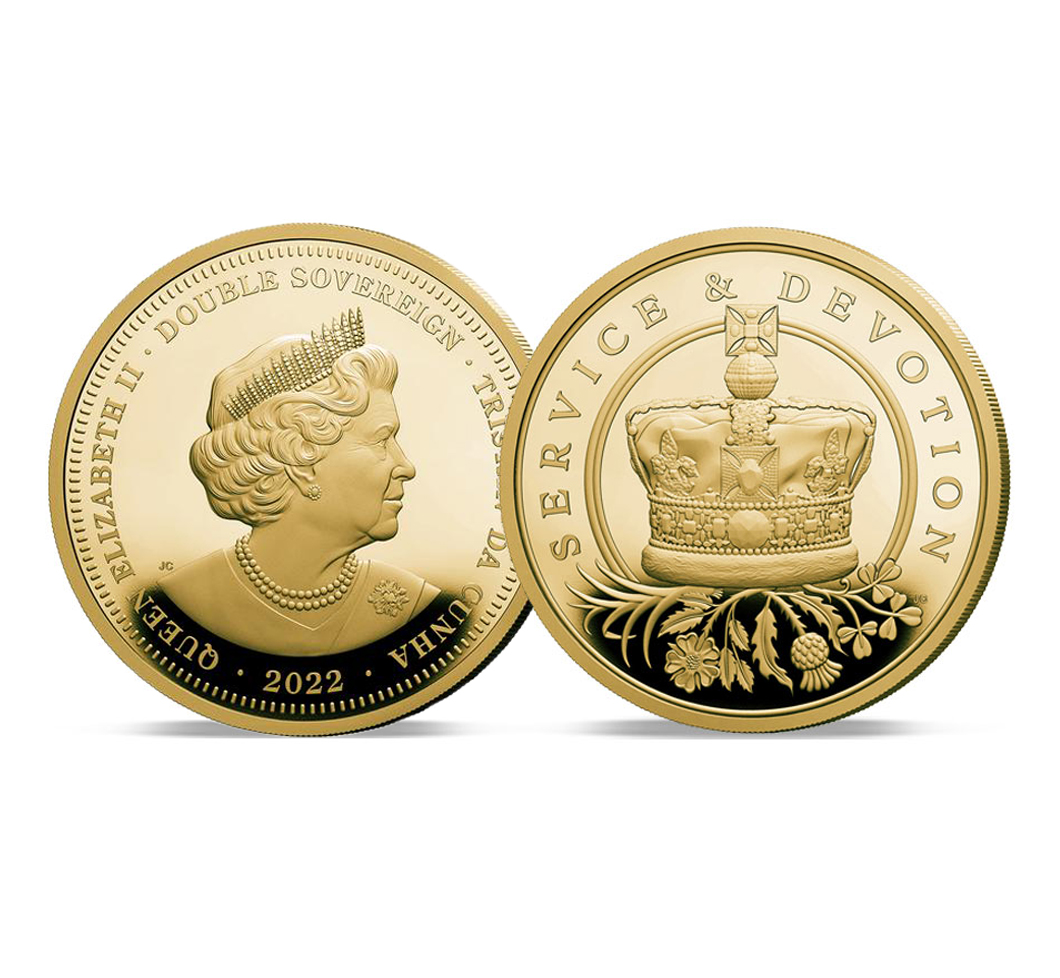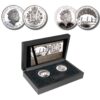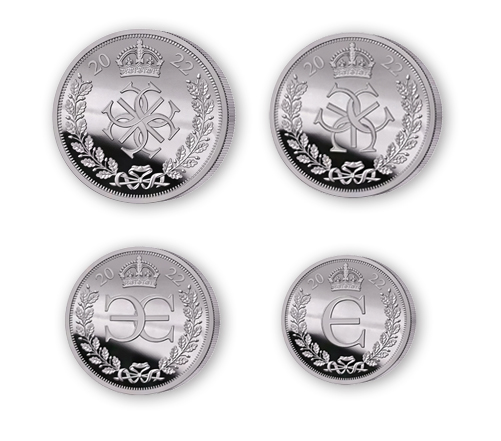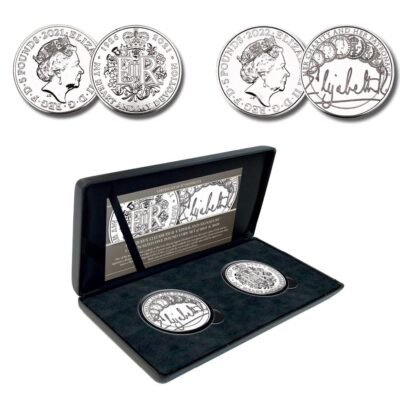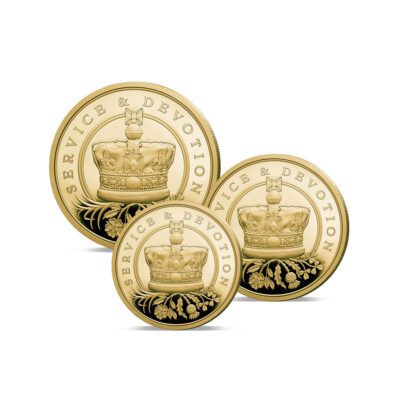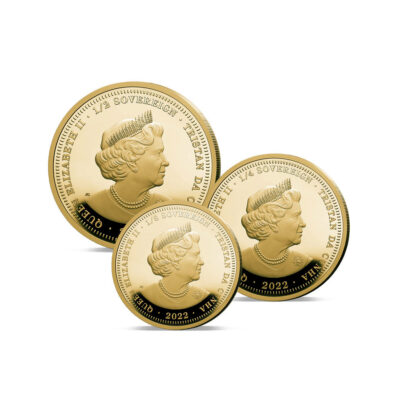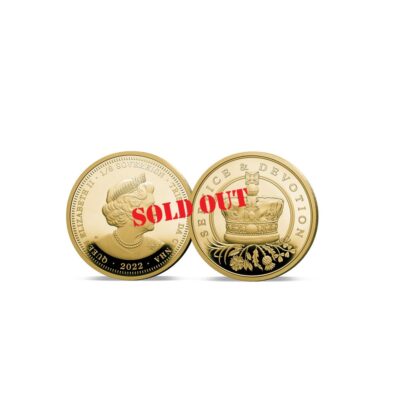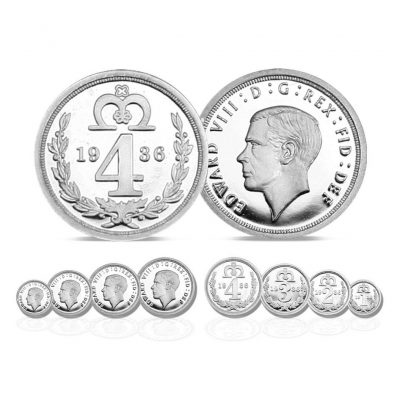Description
Each year at a ceremony on Easter Thursday, the reigning British monarch distributes gifts of money to a small number of people in need. Since the 1820’s the money has consisted of coins that are specially struck for the personal use of the monarch.
The origins of this ceremony is when Christ washed the feet of the poor. Early kings didn’t especially like the sound of this so instead they gave them gifts of clothes and food. This became gifts of money. For well over six centuries each year on Easter Thursday the reigning King or Queen has taken part in this ceremony in which gifts of money are handed out to deserving members of the community. Our own monarch, the Late Queen Elizabeth II, did this in person.
At first ordinary coinage was used for Maundy gifts, silver pennies alone being supplied in Tudor and Stuart times for the ceremony. Specially-struck Maundy Money started in 1662 in the reign of Charles II with an undated issue of fourpenny, threepenny, twopenny and one penny pieces. It was not until 1670 that a dated set of all four coins appeared.
Produced to mark Queen Elizabeth II’s Platinum Jubilee, this commemorative set draws inspiration from the original King Charles II 1662 Maundy Money. It is the first ever Maundy set issued in Platinum and the last to feature Queen Elizabeth II’s portrait.
Authorised by Ascension Island and approved by the Foreign, Commonwealth and Development Office and Buckingham Palace.
Comes in a luxury presentation case with a certificate of authenticity.

